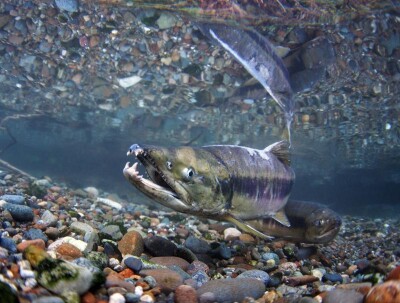The Magnuson-Stevens Act is up for its periodic reauthorization.
Originally called the Fisheries Conservation and Management Act of 1976, it was focused on excluding foreign fishing vessels from U.S waters and the rational development of fisheries management plans.
There have been basically two approaches to the current reauthorization. One leaves the language of the act as is, the other makes changes. The former assumes that management performance is optimal: If it isn’t broken, don’t fix it. The latter assumes that management performance is inadequate, requiring new tools of fishery management.
Both good qualitative and hard quantitative evidence indicate that fisheries management in New England is broken. The fracture began with the last reauthorization of the act, implemented in 1996.
The substance of the 1996 reauthorization was driven by a burgeoning political influence of conservation groups. The act was moved from simply defined principles of fisheries management, such as estimating maximum sustained yield to avoid overfishing, to concepts like “rebuilding” stocks that were thought to be overfished, and to protecting the “environment” thought to be degraded by fishing.
Read the full story at the New Bedford Standard-Times >>
Read more about Magnuson reauthorization >>






